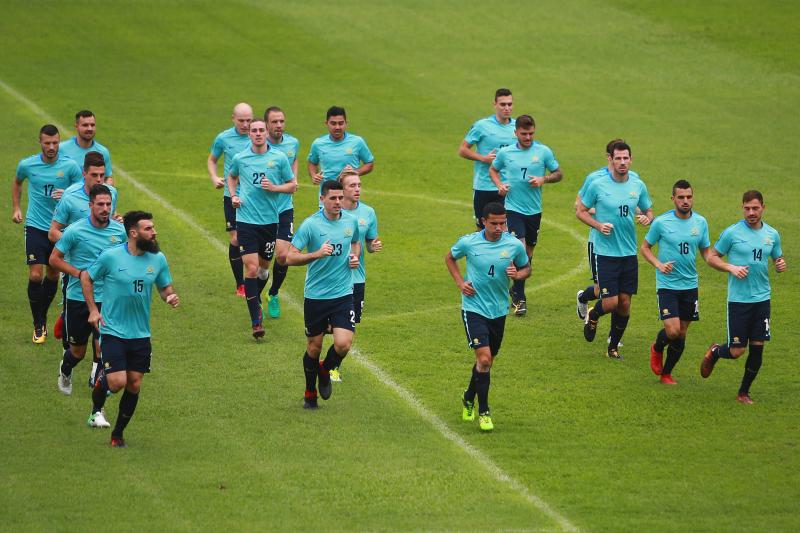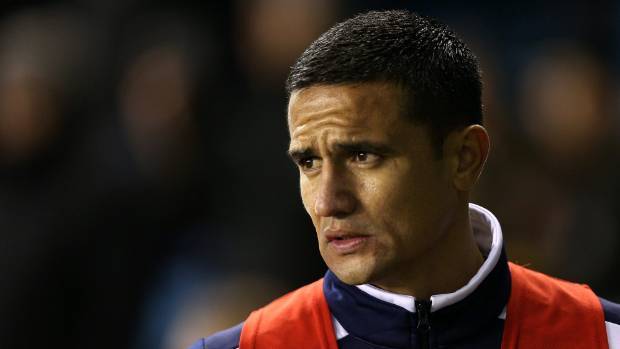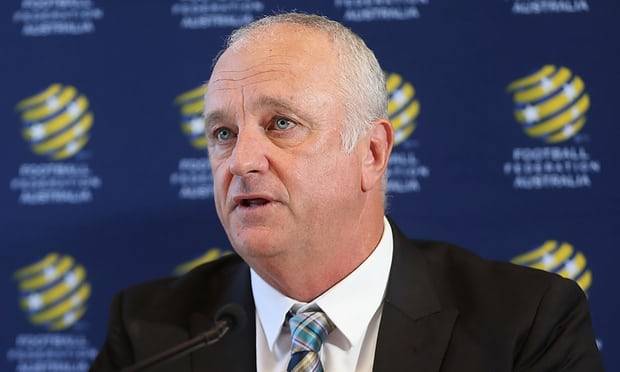
Australia could join a growing number of nations refusing to send representatives to the 2018 FIFA World Cup as part of the growing response to Russia’s alleged use of chemical weapons on British soil, Foreign Minister Julie Bishop suggested on Tuesday.
The news followed the announcement that two Russian diplomats will be expelled from Australia as part of a collective action by western nations against the World Cup hosts, three weeks after former spy Sergei Skripal and his daughter Yulia were attacked with a nerve agent in Salisbury, England.
The diplomatic crisis has spilled over onto football’s biggest stage, with England and debutants Iceland announcing that their government representatives will not attend the competition.
“There are a whole range of options for further options that could be taken,” Bishop said at a press conference. “The [boycott of the] World Cup is one of the further actions that could be taken in relation to this matter.”
According to The Sun, at least four more countries – Poland, Denmark, Sweden, and Japan – are considering similar actions, but it is unclear whether Bishop was referring to a diplomatic or competitive boycott. A decision by Australia’s government to keep the Socceroos at home in June would likely earn the Football Federation of Australia a FIFA suspension for state interference.
A World Cup boycott by any nation would be the first since qualifying for the 1974 edition, when the Soviet Union refused to travel to Chile for the second leg of the UEFA-CONMEBOL playoff due to animosity between the communist nation and the newly-installed regime of dictator Augusto Pinochet.




